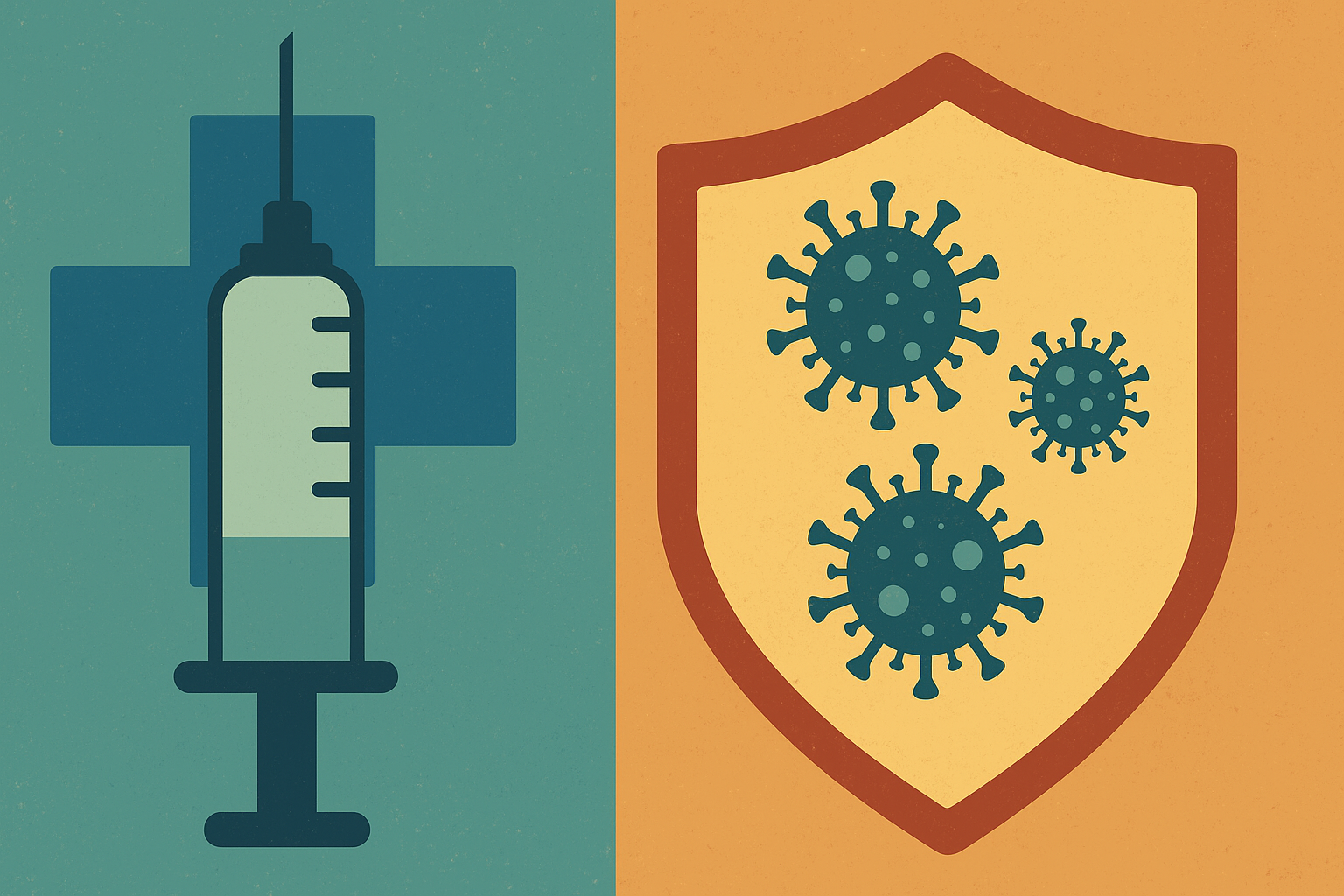A sharp dispute has emerged between the U.S. Department of Health and Human Services (HHS) and the American Academy of Pediatrics (AAP) over COVID-19 vaccine recommendations for children, highlighting deep divisions within the country’s medical and political landscape.
AAP Publishes Independent Vaccine Schedule
In June, the AAP, which represents more than 65,000 pediatricians, announced it would release its own immunization schedule, breaking away from federal guidance. On August 19, the organization officially published its recommendations, calling for all children aged six to 23 months to receive the latest COVID-19 vaccine to reduce the risk of severe illness.
The decision followed moves by Health Secretary Robert F. Kennedy Jr., who earlier this year announced the removal of COVID-19 vaccines from the CDC’s official list for healthy children and pregnant women. Under Kennedy Jr.’s directive, only individuals over 65 and those with pre-existing conditions are advised to be vaccinated.
The AAP said the federal review process had lost credibility, particularly after Kennedy Jr. dismissed all 17 members of the Advisory Committee on Immunization Practices (ACIP)—the group traditionally responsible for advising the CDC on vaccines—replacing them with appointees critics argue lack medical expertise and, in some cases, have ties to anti-vaccine activism.
Kennedy Jr.’s Response
In response to the AAP’s announcement, Kennedy Jr. accused the group of being influenced by corporate donors, pointing to pharmaceutical companies such as Pfizer, Moderna, Merck, and Sanofi listed as top contributors to the AAP’s “Friends of Children Fund.”
“AAP is angry that CDC has eliminated corporate influence in decisions over vaccine recommendations and returned CDC to gold-standard science and evidence-based medicine laser-focused on children’s health,” Kennedy Jr. wrote on social media platform X.
He further argued that the AAP’s recommendations could expose doctors and hospitals to liability, as they fall outside the protections of the 1986 Vaccine Injury Act, which shields providers following official CDC guidance.
AAP Pushes Back
The AAP firmly rejected Kennedy Jr.’s claims, defending its independence and commitment to science. In a statement, Dr. Susan J. Kressly, president of the AAP, stressed that the organization’s mission is to protect children’s health through evidence-based recommendations.
“Our immunization recommendations are rooted in decades of peer-reviewed science by the nation’s leading health experts,” Kressly said. She added that the AAP maintains strict conflict-of-interest policies and transparency in funding, while inviting Kennedy Jr. to meet and discuss restoring collaboration between HHS and pediatricians.
Ongoing Uncertainty in Federal Policy
The CDC has not yet finalized its fall vaccine guidance, as the newly restructured ACIP postponed a vote in June. A decision is expected later in September or October. Meanwhile, the FDA has indicated plans to revoke authorization of the Pfizer COVID-19 vaccine for young, healthy children, and HHS recently announced a $500 million cut in funding for mRNA vaccine research and development.
The standoff underscores the broader debate over vaccine policy in the United States, with federal agencies, medical professionals, and political leaders clashing over how best to balance public health, parental choice, and industry influence.



